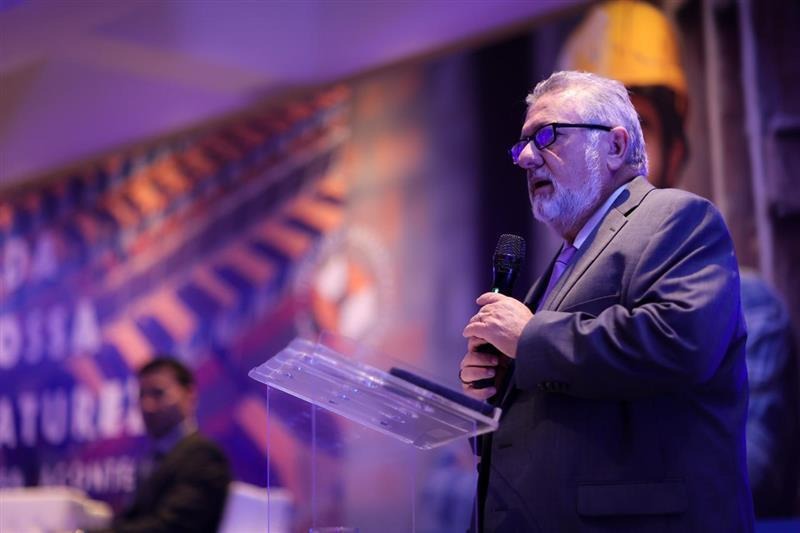Caixa Launches Platform to Cut Carbon Emissions in Housing Projects
Initial focus will be on the Minha Casa Minha Vida program. The bank also announced commitments to achieve net-zero greenhouse gas emissions and zero waste, a 50% increase in its green credit portfolio, and the promotion of equal opportunity

By Caixa Econômica Federal
Caixa Econômica Federal has announced the launch of a platform designed to measure carbon emissions generated in housing projects financed by the bank, in partnership with the University of São Paulo (USP). The Benchmark Iterative for Low-Carbon Projects (BIPC) aims to improve structural designs and reduce material consumption, directly cutting CO2 emissions and production costs.
The BIPC will initially focus on structural designs for housing developments, particularly those under the Minha Casa Minha Vida program. Given the program’s standardized model, it offers a unique opportunity to reduce CO2 emissions, improve housing quality, and encourage technological innovation in the sector.
The system also includes a public-access area that allows anyone to view baseline carbon data for various construction types.
“A low-carbon economy is also a source of profitability for businesses and a driver of social improvement. Caixa is committed to promoting and providing the tools to make that a reality,” emphasized Caixa President Carlos Vieira.
The tool enables users to analyze project impacts based on construction type, number of floors, or specific structural elements, comparing different design simulations. It identifies which components—such as beams or pillars—and materials, like concrete or cement, account for the highest emissions, and how the project can be optimized. Comparisons are made against industry best practices.
Caixa’s goal with the platform is to provide sustainability data to support housing policy, encourage the adoption of sustainable practices in the market, improve structural design, and reduce both material use and CO2 emissions.
The announcement took place during the event “Low-Carbon Housing: Global Experiences and Local Solutions” in São Paulo, on November 3. The event was organized by Caixa and CNP Seguradora. In addition to President Vieira, attendees included Vice President of Housing Inês Magalhães and Acting Vice President for Sustainability and Digital Citizenship Jean Benevides.
New Commitments
At the same event, Caixa announced four new commitments aligned with international sustainable development guidelines. One target is to achieve carbon neutrality by 2050—reaching net zero for both direct and indirect emissions, the latter including those generated by the bank’s financed operations.

Caixa will also adopt an institutional model based on circular economy principles, aiming to minimize waste sent to landfills and eliminate incineration (zero waste) by 2050. The goal is to cut waste generation as much as possible by prioritizing reuse, recycling, and composting.
A third target sets a 50% increase in the bank’s green credit portfolio by 2030, reaching R$1.25 trillion.
The fourth commitment focuses on promoting equal opportunity: by 2030, at least 36% of unit management positions will be held by women, strengthening female representation in leadership roles. The bank’s bylaws already require that at least one-third of senior management positions be occupied by women.
President Vieira highlighted that the commitments represent a milestone in Caixa’s trajectory: “Today, we took a firm and concrete step toward a fairer, more sustainable future—one that will promote equity and social justice. It’s a historic day for Caixa.”
“These commitments and the BIPC are not isolated actions—they are interconnected, part of a single vision: transforming credit into impact, and development into sustainability,” he concluded.
Translation: Tadeu Azevedo (POET/UFC)
Proofreading: Michel Emmanuel Félix François (POET/UFC)
